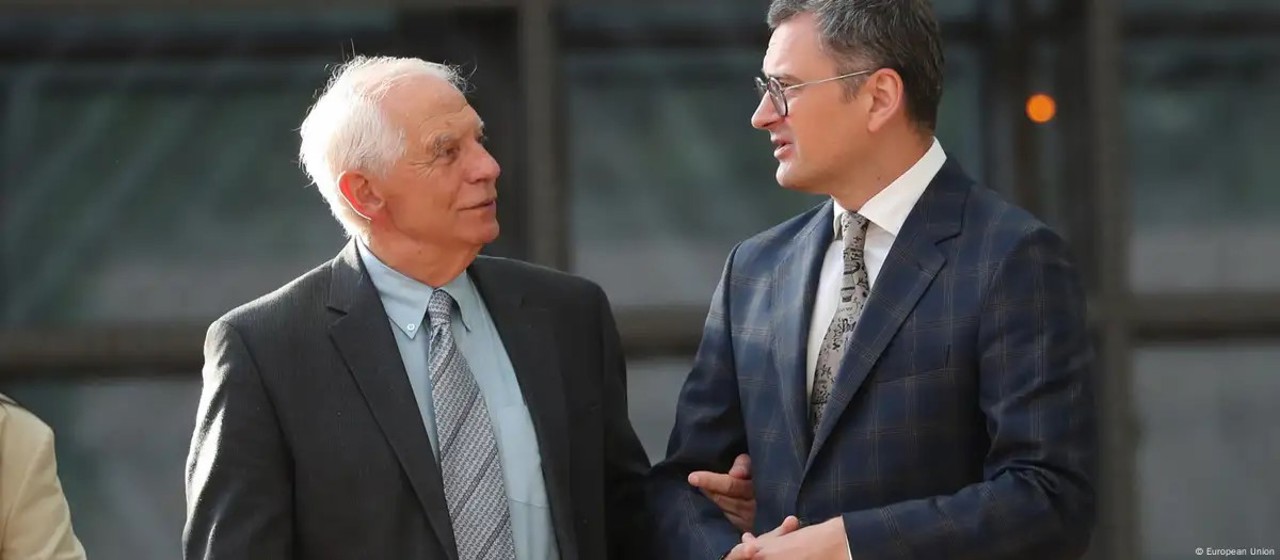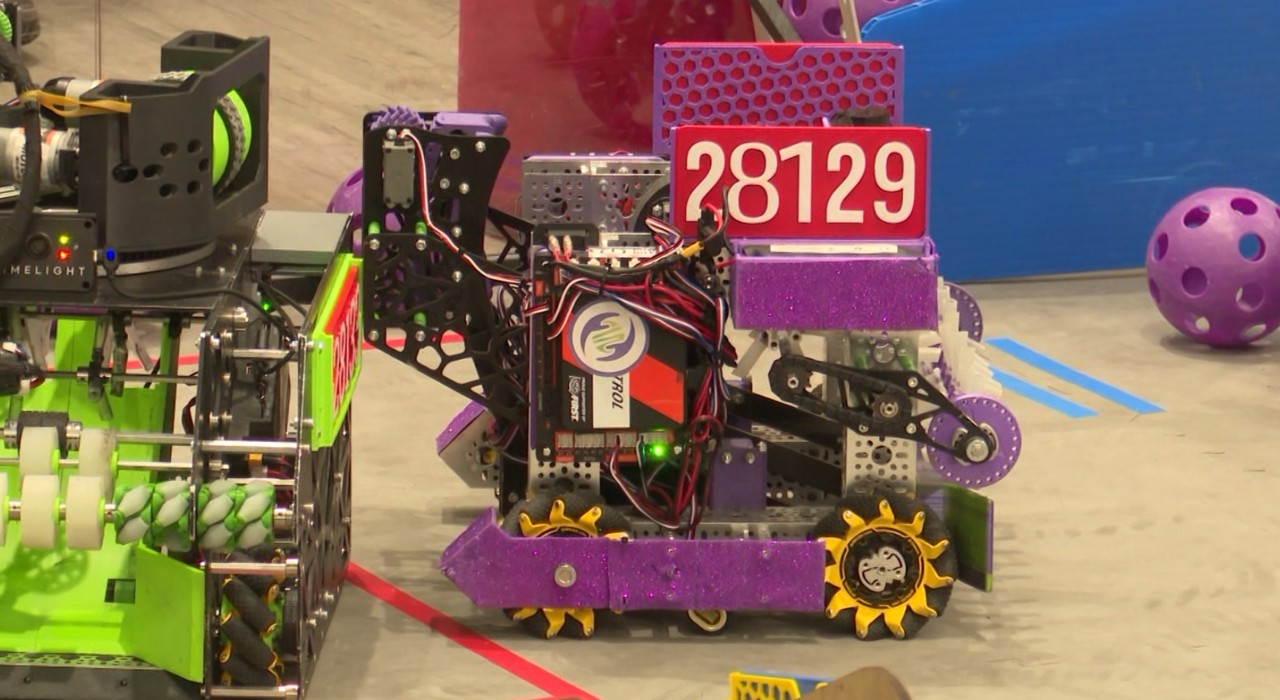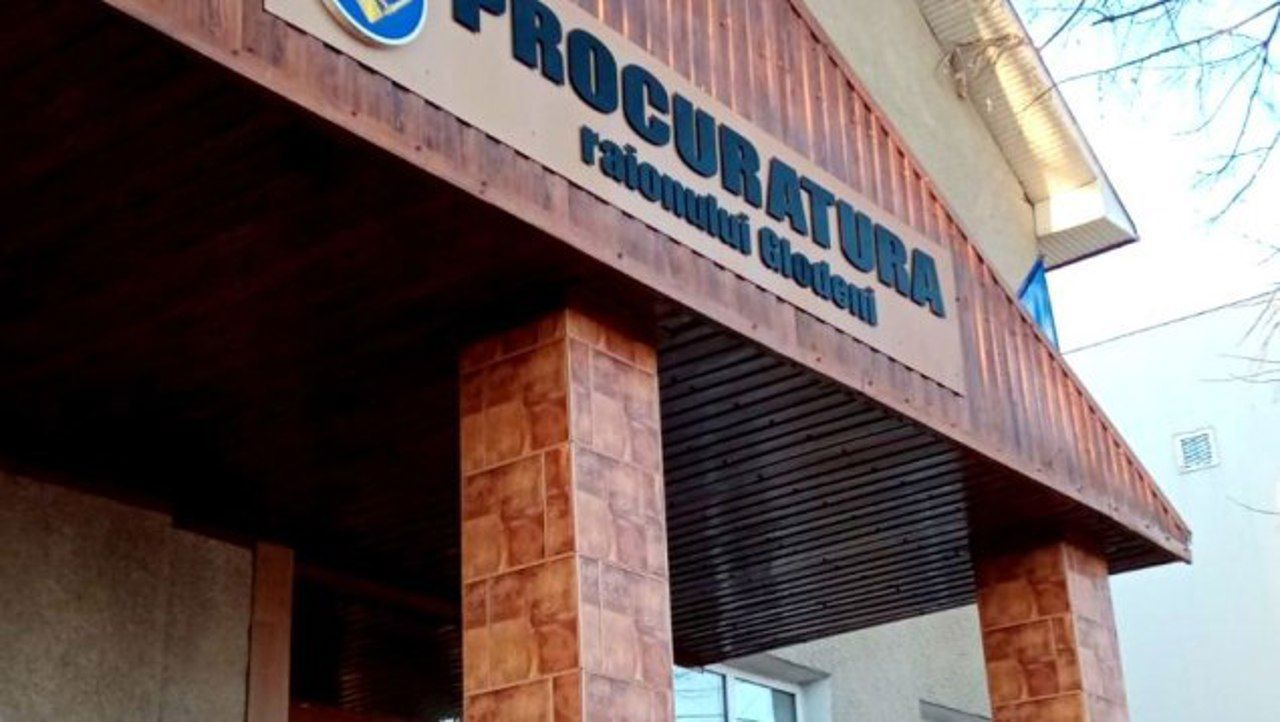Kyiv urges EU action amid Russian air attacks and weapon delays
Kyiv requests EU countries to deliver the promised weapons and to allow it to strike military installations within Russia to prevent further attacks. However, in Brussels, there is no consensus on these matters, according to DW.

"One of the most intense meetings of foreign ministers in the past five years" —this is how the head of EU diplomacy, Josep Borrell, described the meeting that took place in Brussels on August 29, despite it being an informal gathering. Initially, the EU Foreign Affairs Council was supposed to meet in Budapest, as Hungary has held the rotating presidency of the Council of the European Union since July. However, Borrell, exercising his authority, insisted that the meeting be held in Brussels. He explained that several positions taken by the Hungarian government contradict the EU's common foreign policy.
Two requests from Kyiv
The primary focus of the Brussels meeting was Russia's aggression against Ukraine. Ukrainian Foreign Minister Dmytro Kuleba travelled to Brussels to discuss two key issues with his counterparts: lifting restrictions on the use of Western weapons by Ukrainian forces on Russian territory and addressing delays in weapon deliveries.
"We are now in a completely different situation compared to before the summer began," Kuleba told reporters before the meeting, referring to the Ukrainian army's offensive on Russian territory. "I hope our meeting will lead to important decisions." In his view, Europe's long-term security depends on bold decisions that must be made quickly to capitalise on the momentum created by the Ukrainian Army's successes in the Kursk region. "We have proven that we can defeat Russia against all odds," Kuleba stressed.
Lifting Restrictions on Weapon Use
Kyiv requests that the Ukrainian Armed Forces be permitted to strike military targets deep within the Russian Federation. As Kuleba explained, these targets include airfields from which Russian bombers launch strikes on Ukrainian troops and civilian infrastructure.
There is no consensus on this issue within the European Union, Czech Foreign Minister Jan Lipavský told reporters after the meeting. His country does not intend to interfere with Ukraine, but the states that supply long-range systems impose certain restrictions, he reminded. Ultimately, the EU Foreign Affairs Council concluded that this remains a matter for each country to decide individually.
The Ukrainian side also raised the issue of military aid deliveries. It was revealed that the Patriot air defence systems promised to Ukraine at the NATO summit in Washington in July have not yet been delivered.
Meanwhile, Moscow is carrying out the most brutal air attacks on Ukrainian cities since the large-scale invasion began. "It is clear that Russia wants to completely destroy Ukraine's electrical system, plunging it into darkness and cold during the winter. Russia aims to bomb a European country into complete surrender," Borrell said, noting that air defence systems are even more critical for Ukraine now than they were at the beginning of the summer.
Translation by Iurie Tataru






